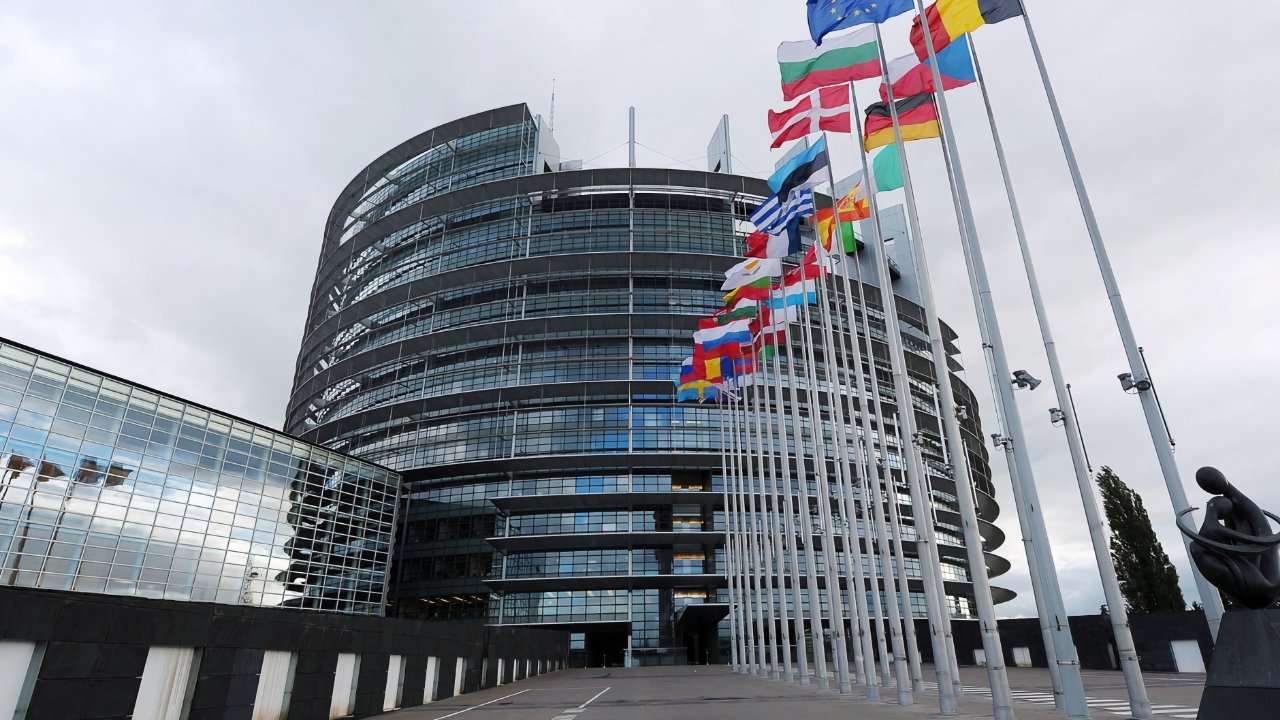Europe is considering whether companies like Netflix and Apple that use lots of bandwidth should be forced to pay for upgrades to the infrastructure of the internet.
With the rise of video streaming services like Netflix and YouTube, the amount of bandwidth required for typical internet tasks has ballooned, forcing infrastructure providers to increase what they offer to internet service providers and other entities. However, the cost of the upgrades could be paid for by major companies like Apple in the future.
The European Union is pondering a proposal to coax companies that consume the most bandwidth into paying for the next generation of Internet infrastructure, a document seen by Bloomberg reads.
Deemed a "fair-share" vision from the EU, the proposal would seek to get the largest consumers of bandwidth to pay the cost of the infrastructure required for the data-heavy services to operate in the first place. This would include the cost of rolling out 5G networks and fiber infrastructure, for example.
There is also the potential for a mandatory payment system to be put in place, allowing funds from tech companies to directly go to telecom operators.
The proposal is only a draft for the moment, with the EU in consultation with the industry over the matter. This includes determining if there should be a threshold to determining if a company is a "large traffic generator," and therefore liable for contributing to funds.
However, even at this early stage, there is some push-back from within the EU itself on the matter. The European Union's electronic communications regulator determined in October that there is "no evidence" services like Netflix should pay telecom providers to invest in infrastructure upgrades, as such a move could cause "significant harm to the internet ecosystem."
Such a plan would be most beneficial to European countries, though it would be expected that companies based outside the region would also gain from the arrangement. However, the initiative may not necessarily help improve internet access outside of the continent.
The use of pooled funds and mandatory payments for companies with higher usage requirements may also help sidestep some net neutrality issues, since the paid improvements would apply to all Internet users in Europe, rather than prioritizing traffic of paying parties.
The consultation period is expected to continue for another two to three months.
 Malcolm Owen
Malcolm Owen







-m.jpg)






 Charles Martin
Charles Martin

 William Gallagher
William Gallagher
 Christine McKee
Christine McKee
 Marko Zivkovic
Marko Zivkovic
 Mike Wuerthele
Mike Wuerthele

 Amber Neely
Amber Neely









10 Comments
Let me get this straight...Step 1: Stop Netflix, Apple, Amazon and Google from purchasing bandwidth and content delivery prioritization (forcing net neutrality).
Step 2. Telecoms bitch that they can't earn enough money from the big data users like...Netflix, Apple, Amazon and Google.
Step 3: Make Netflix, Apple, Amazon and Google pay the Telecoms for infrastructure to support....more bandwith.
(Hidden, ultra-important step: Bureaucrats get a piece of everything, more regulatory costs, more government control). Got it.
The companies already pay for bandwidth on one side, and the consumers already pay for it on the other.
So what gives?
The EU must realize it's ultimately the consumer that pays for infrastructure. If Netflix is paying to upgrade internet they will 1) raise rates to consumers or 2) leave the market. This is yet another way to tax EU consumers without explicitly taxing them.
Netflix may be in trouble in the EU, but Apple probably will just drop streaming within the EU. It is a low percentage of their revenue and profits. The EU is working towards a family of products for the EU and another family of products for the rest of the world. They will not stop.
The EU will also define screaming one way for the European companies and one way for the American companies and it will figure out someway to make it so that Spotify can still stay in the game. Note: Spotify just reported their last quarter and they’re losing more money as usual.